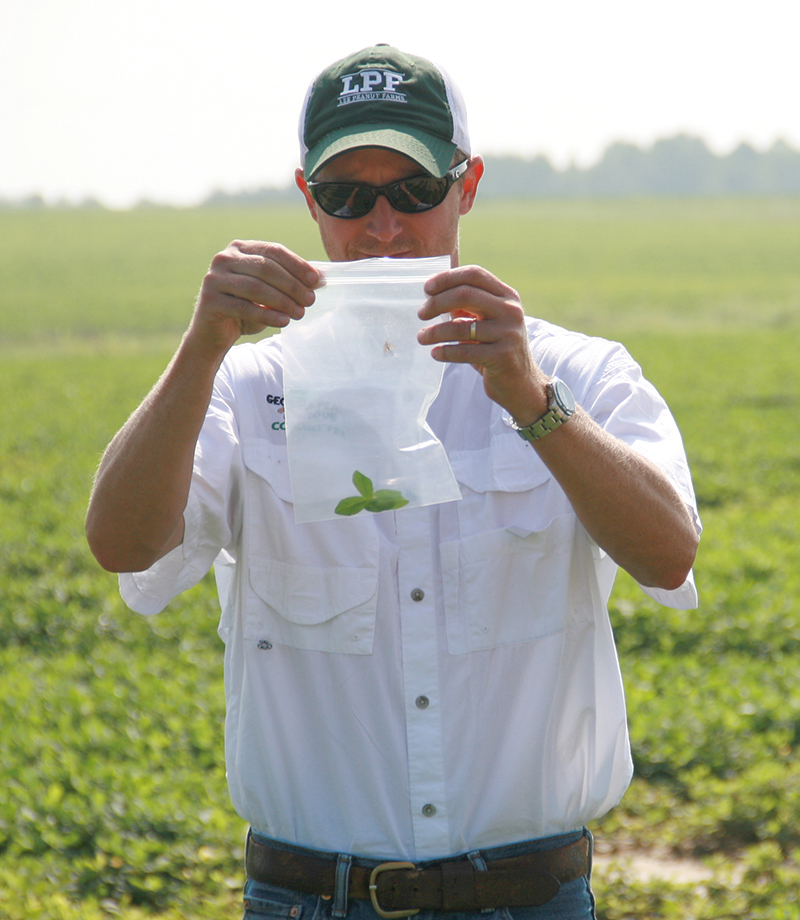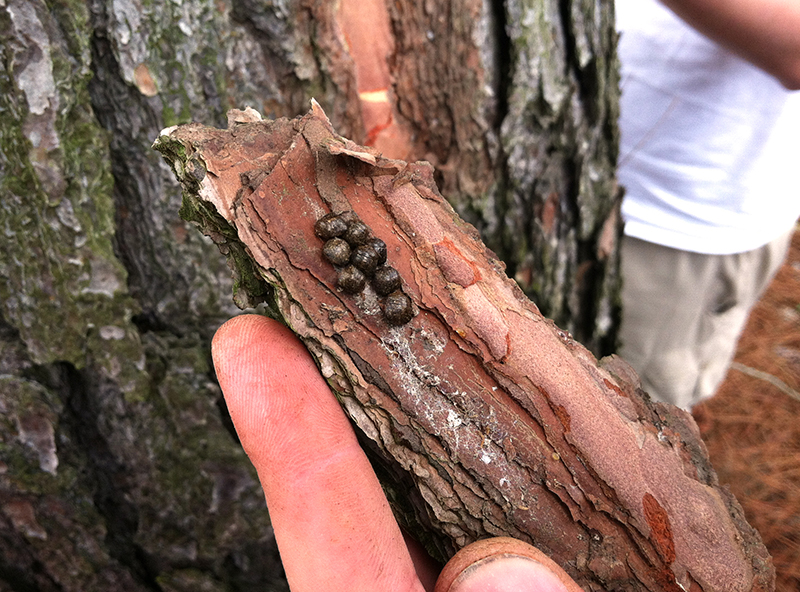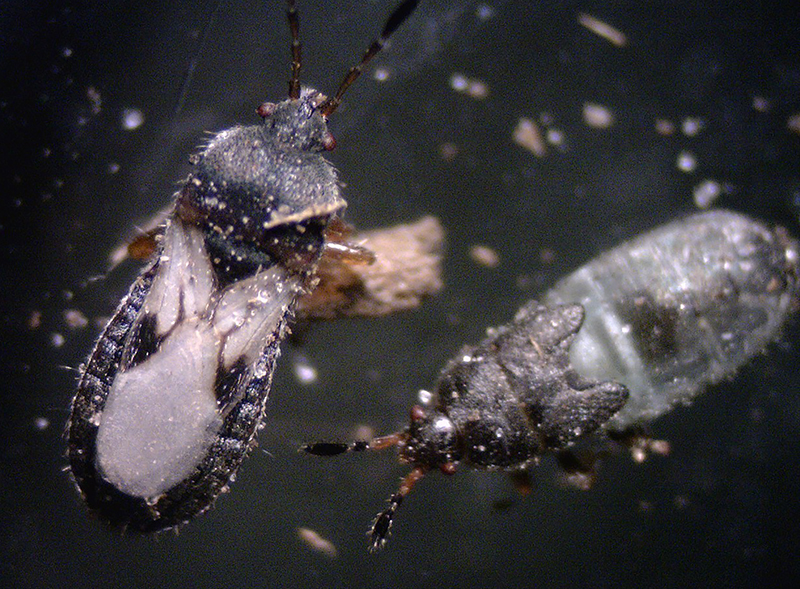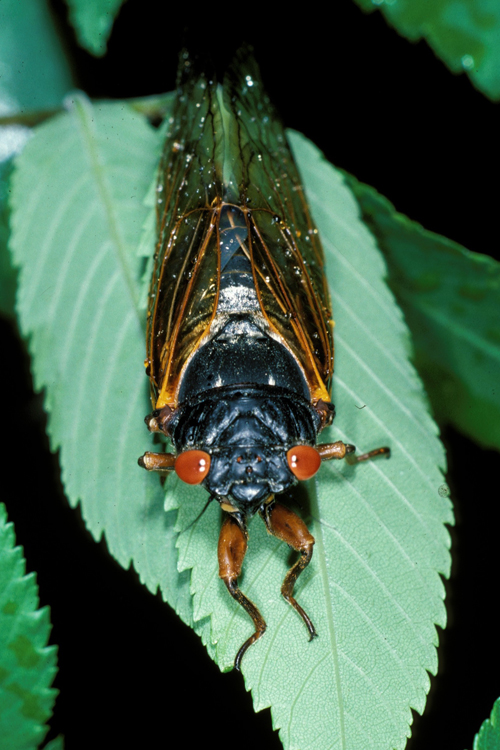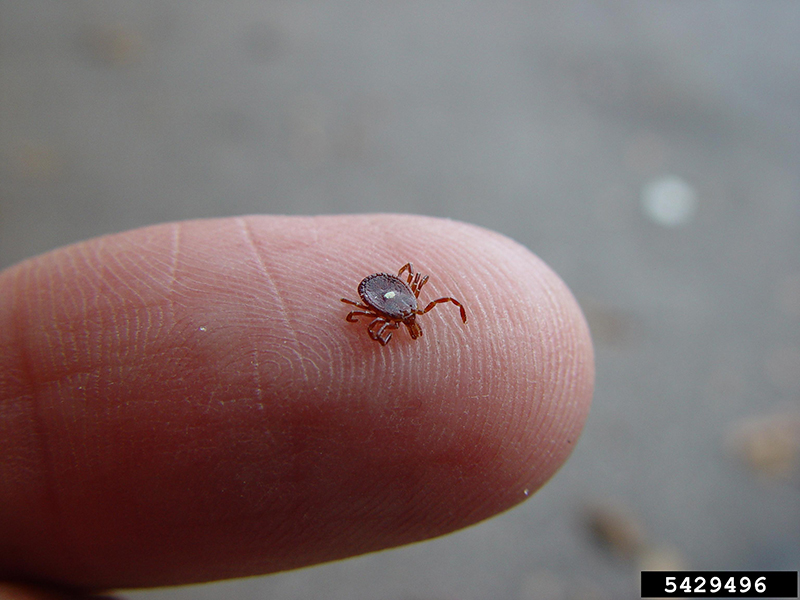 CAES News
CAES News
Avoiding Ticks
The risk of serious illness from a tick bite is low in Georgia, but there’s no reason to give them a free meal.

